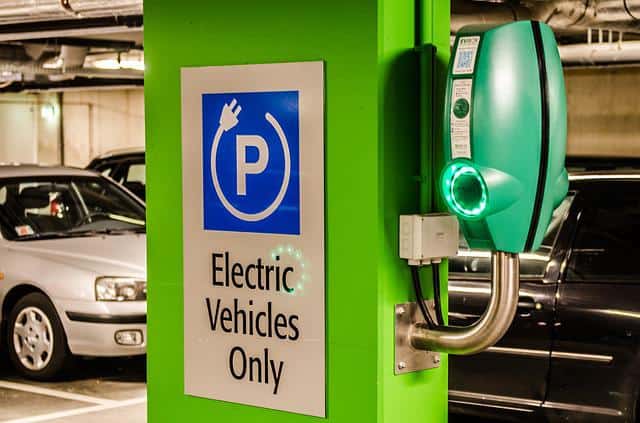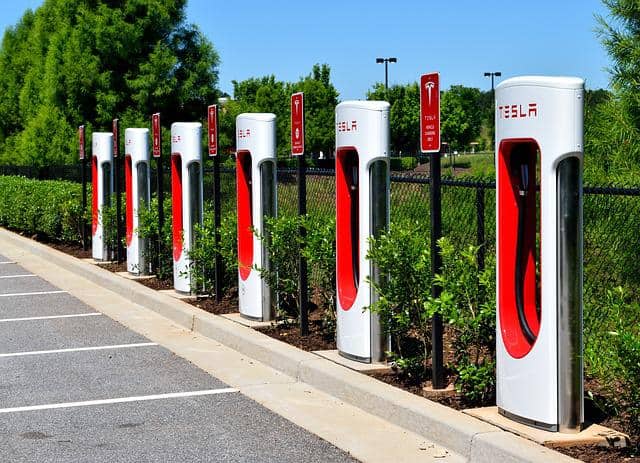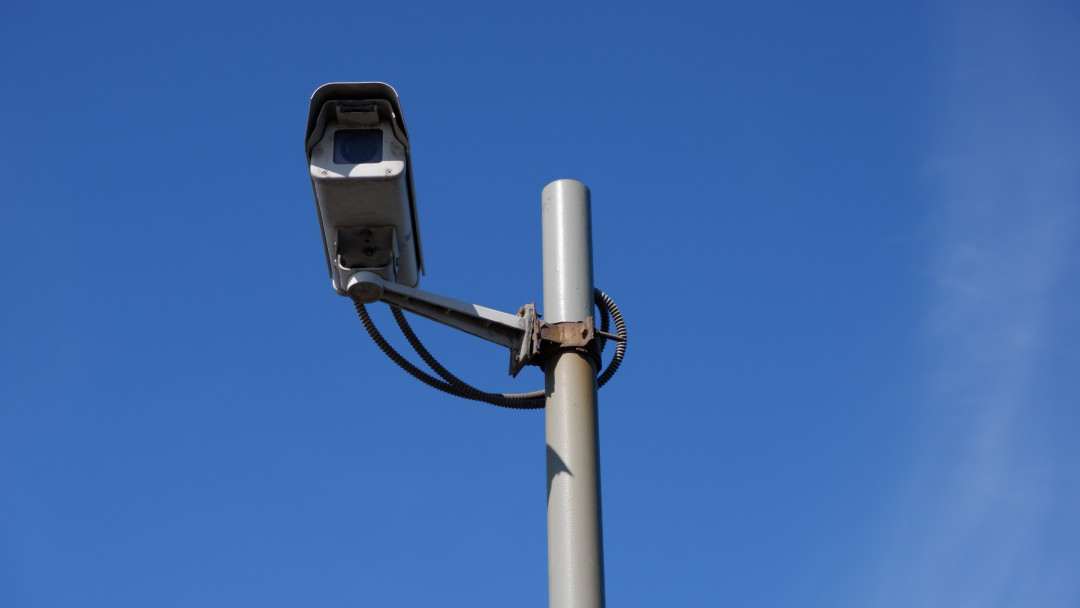What is an EV charging station ?
An electric vehicle charging station also called an EV charging station, is a public or private parking spot with an electrical outlet used to charge electric vehicles. Most charging stations are free to use, and many are equipped with Level 2 chargers, which can provide a full charge in four to six hours. Some stations also offer DC fast charging, giving an 80% charge in as little as 30 minutes.
How do car charging stations work?
There are a few different types of car charging stations, but they all work in more or less the same way. The station will have a plug that you can plug into your vehicle and start charging your car’s battery. The amount of time it takes to charge your vehicle will depend on the charging station and the size of your battery.
What does it cost to charge an electric car ?
The cost of charging an electric vehicle at a public charging station depends. For example, suppose you use your credit card and charge 15 minutes’ worth of energy (which would give 3-4 miles per kWh). In that case, this could require around $30 for the average EV vehicle to be fully charged!

What are the challenges facing electric cars?
One crucial part of owning an EV is accessing a reliable charging station.
EV charging stations play a crucial role in the future of electric vehicles. As the demand for EVs grows, so does the need for places to charge them. In addition, charging stations help to create an infrastructure that makes it convenient and easy for people to own and drive an electric vehicle.
Moreover, as technology advances, EV charging stations become even more sophisticated. Some newer models can even provide fast charging, dramatically reducing the time it takes to charge an EV.
Overall, EV charging stations are essential to making electric vehicles viable for drivers worldwide. As EV demand continues to grow, we expect to see more innovation in this area soon.
Types of EV charging stations
There are two categories of EV charging stations, on-street chargers, and off-street chargers. On-street chargers are often installed in parking lots or street corners. In contrast, off-street chargers are often installed at home or workplaces.
The main difference between the two types of chargers is their location. On-street chargers are more convenient for those who don’t have a dedicated parking space, such as city dwellers. In contrast, off-street chargers are more suitable for those with a reserved parking space, such as people who live in houses with a driveway.
How are local governments encourage the adoption of battery electric vehicles?
Bergen County has been a leading player in the EV and EUV initiatives, working towards reaching the 2030 goals. They have added EVs and EUVs to their fleet and are building a network of charging stations around parks and public land. That will allow them to continue leading in these initiatives and help reach the 2030 goals.
Bergen County Executive Jim Tedesco partook in the Bergen Volunteer Center’s Forum on electric vehicles.
Moving away from Fossil fuels to alternative fuel vehicles is essential to reducing emissions. However, there was a cap on how many AFVs could be procured through capital funds. It includes hybrid cars and hydrogen fuel cell vehicles until 2021!
Jim Tedesco is focused on changing how we finance our government by allowing for more fiscal bonds by changing the fiscal bond law. In addition, it will enable County to purchase SUVs and trucks. Thankfully, it was changed and signed and became law last November.
The County is working hard to reach 2030 EV goals by adding EVs and EUVs to its fleet and building a robust network of charge stations for operational and public use.
So far, the County has three EVs and eleven charging stations on public lands. The County is working towards doubling its fleet charging capacity next year. The County administration is committed to having charge stations in every county park and public installation.
In summary:
Initiatives of local governments are encouraging the adoption of electric vehicles (EVs) by adding to their fleet of vehicles and building a network of charging stations in public parks and local land. For example, Bergen county legislatively changed NJ fiscal bond law to allow these purchases like any SUV or truck. This change will help the County meet its goal of being carbon-neutral by 2030.
Government officials hope that by increasing the number of EVs and providing easy access to charging stations, more residents will be encouraged to switch to electric transportation. It would help reduce emissions and improve air quality, which many local governments prioritize.










